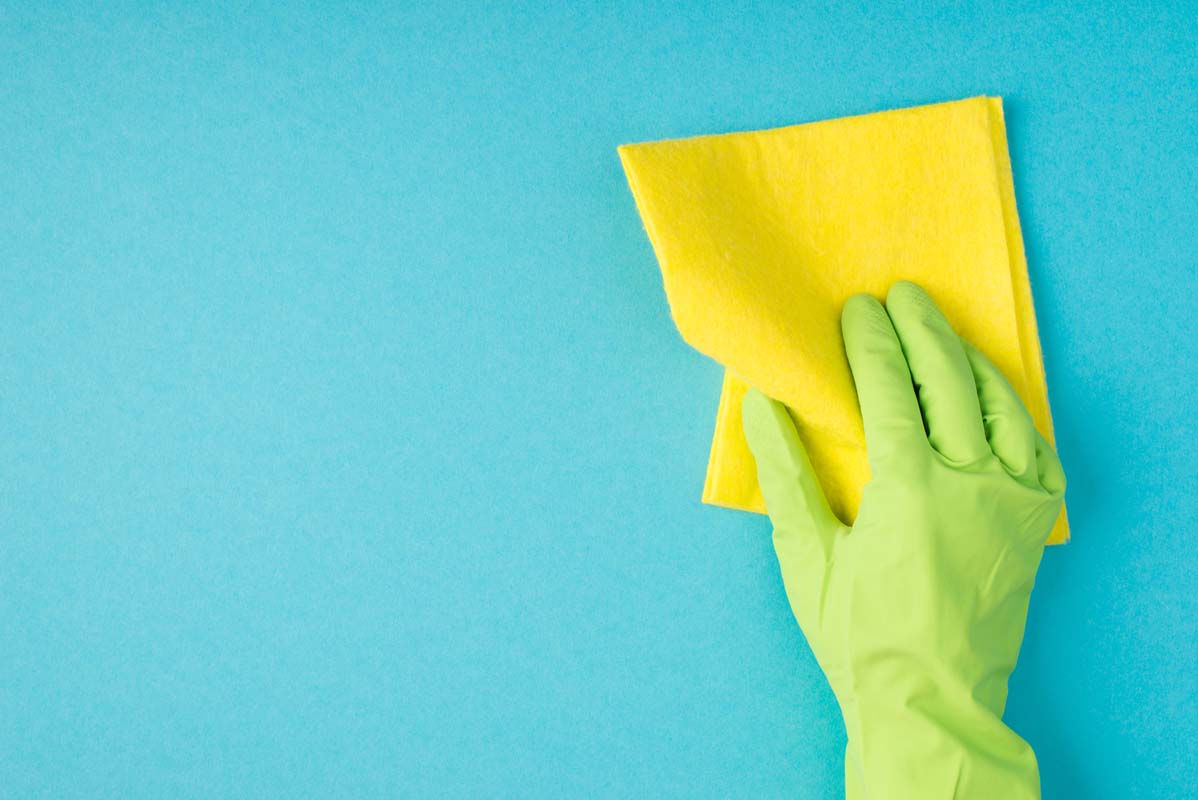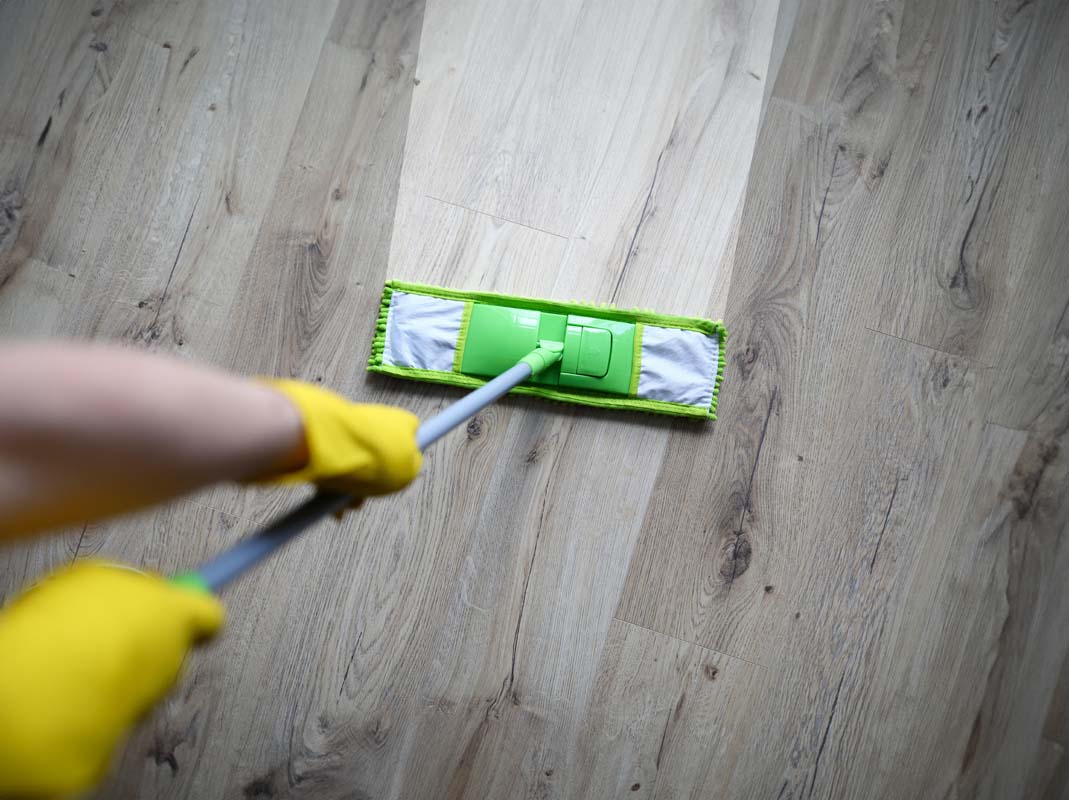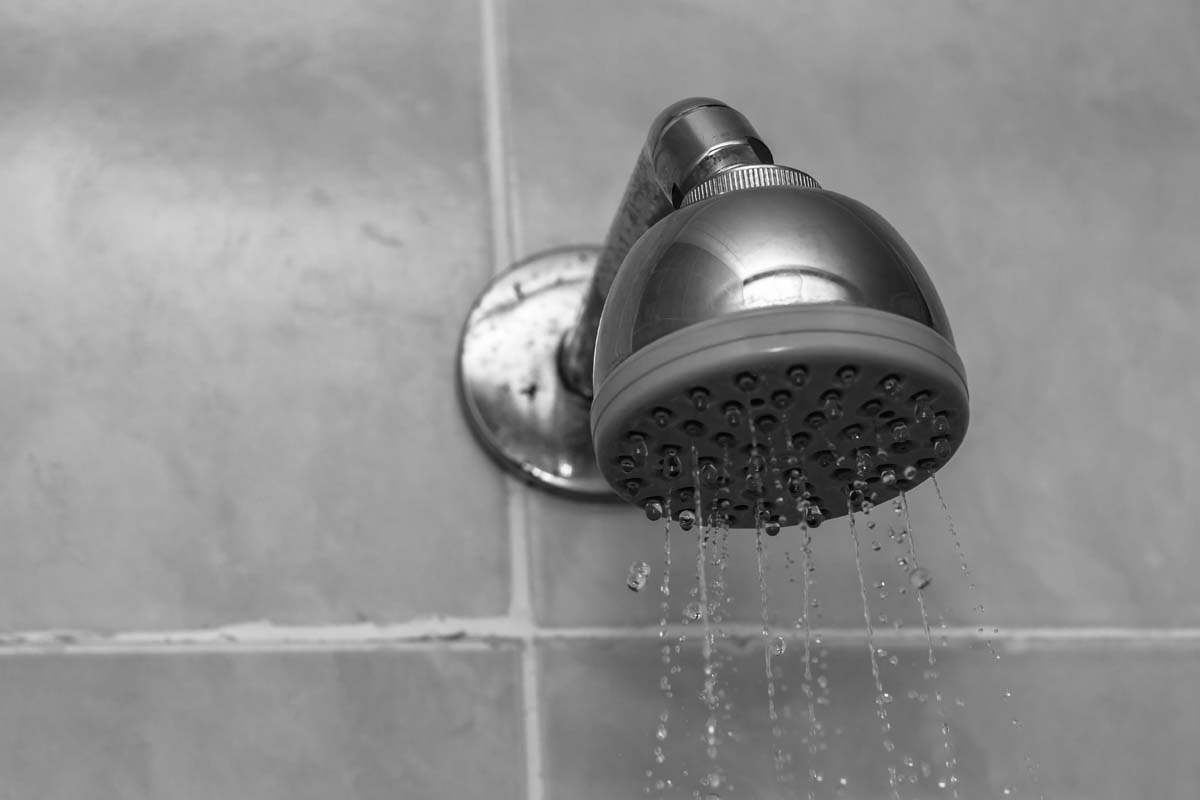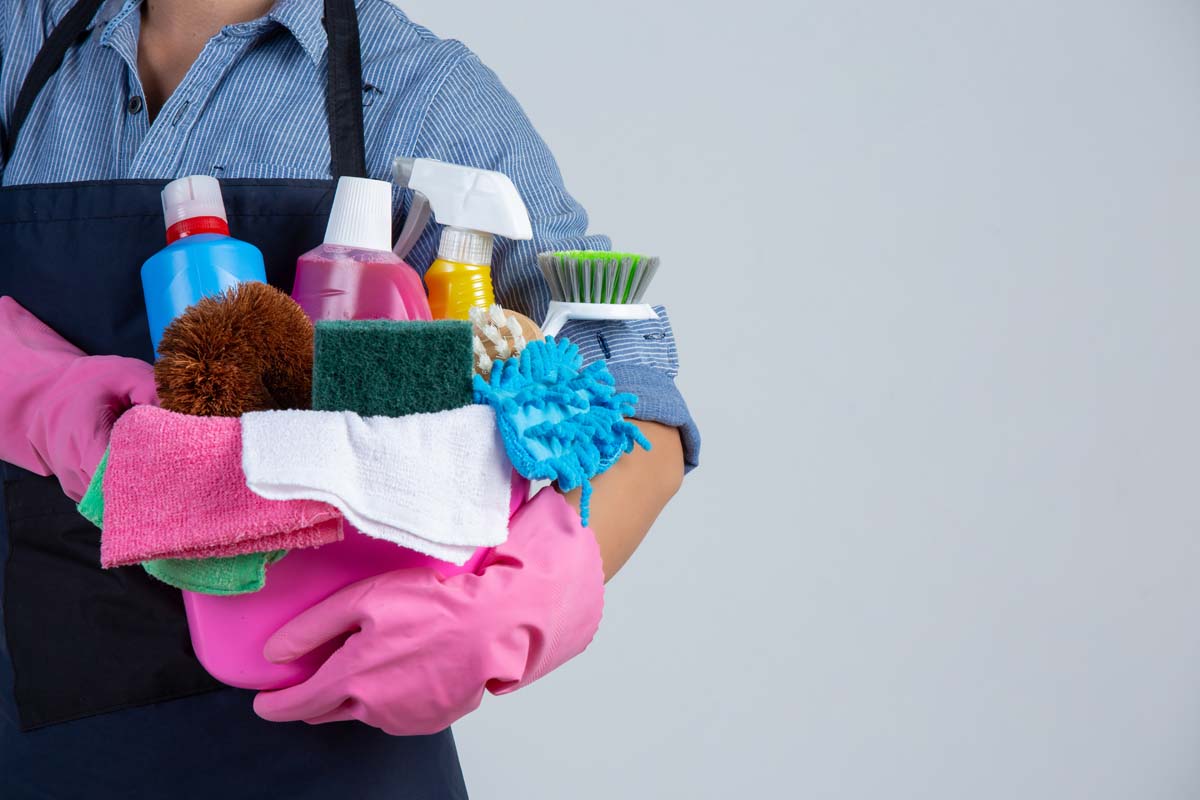There are few things in life as comforting as sinking into a bed with freshly washed sheets. The clean, crisp feel and subtle scent can make all the difference in a good night's sleep. But in the hustle and bustle of daily life, many of us let our sheets go longer than they should. The question isn't just about a fresh feeling; it's about hygiene. So, what's the real answer to the question: how often should you wash your sheets?
The short, straightforward answer from dermatologists and cleaning experts is this: for most people, you should be washing your sheets at least once a week. While this might sound like a lot, a quick look at what's lurking in your bed will make a weekly laundry routine seem like a very good idea.
The Gross Reality: Why Your Sheets Need a Weekly Wash
What happens when you go to bed at night? Even when you feel perfectly clean, your body is constantly shedding dead skin cells, producing oil and sweat, and leaving behind a variety of microscopic organisms. Your bed sheets are a magnet for all of this, creating a surprisingly dirty ecosystem right where you sleep.
- Dust Mites and Allergens: Sheets are a prime breeding ground for dust mites. These microscopic pests feed on the dead skin cells you shed every night. While they're harmless, their waste products are a major allergen that can trigger asthma, eczema, and other respiratory issues. A weekly wash in hot water helps to kill these mites and wash away their irritating allergens.
- Sweat, Oil, and Body Fluids: The average person sweats up to a liter each night. All of that moisture, along with the oils from your skin and hair, seeps into your sheets. This creates a warm, damp, and nutrient-rich environment that is perfect for bacteria and fungi to thrive.
- Bacteria and Fungi: Unwashed sheets can harbor a host of microorganisms, including fungi like athlete's foot, and bacteria like Staphylococcus aureus, which can lead to infections. While your immune system usually protects you, letting bacteria build up on your sheets can lead to skin irritation, acne, and other health issues.
Factors That Call for More Frequent Washing
While once a week is the general rule, there are several factors that should prompt you to wash your sheets even more often.
- You Have Allergies or Asthma: If you suffer from allergies or asthma, it's a good idea to wash your sheets twice a week. This will help to keep the dust mite population and other allergens to a minimum, reducing your symptoms.
- You Sleep Naked: Sleeping without pajamas means more of your body's sweat and oils are being absorbed directly by your sheets, warranting a more frequent wash.
- You or Your Partner Have Been Sick: If someone in the bed has a cold or flu, you should wash the sheets as soon as they are feeling better to prevent germs from lingering and potentially reinfecting them or spreading to others.
- You Have Night Sweats: If you sweat heavily at night, a weekly wash may not be enough. Consider washing your sheets every 3-4 days to prevent them from becoming a breeding ground for bacteria.
- You Have Pets in the Bed: As much as we love our furry friends, they bring dander, dirt, and outdoor allergens into your bed. If your pet sleeps with you, aim to wash your sheets every 3-4 days.
How to Wash Your Sheets Correctly
Once you've determined how often to wash your sheets, knowing how to wash them correctly is just as important.
- Use Hot Water: For most cotton and synthetic sheets, washing in hot water (at least 130°F or 54°C) is the most effective way to kill germs, bacteria, and dust mites. Check your sheets' care label to ensure the fabric can handle the heat.
- Don't Overload the Washer: Stuffing too many items into the washing machine can prevent the sheets from getting properly clean. Wash your sheets and pillowcases separately from your clothes to give them enough room to tumble and get a thorough rinse.
- Dry Completely: Make sure your sheets are completely dry before you put them back on the bed. Even a little bit of moisture can lead to mold and a musty smell. Tumble dry on a high setting unless the care label instructs otherwise.
In conclusion, the simple habit of regularly washing your sheets is one of the easiest ways to improve your health, your sleep, and the cleanliness of your home. By understanding the "why" and putting a weekly routine in place, you can confidently answer the question how often should you wash your sheets and enjoy a fresher, cleaner, and more hygienic bed every night.
























